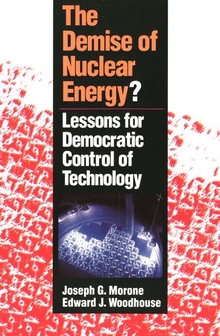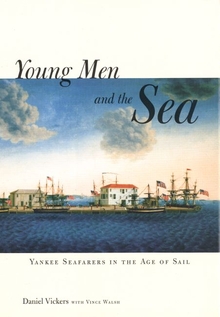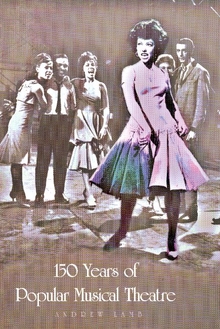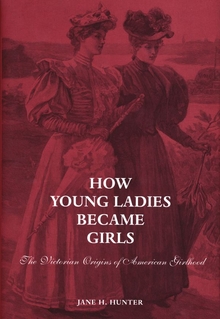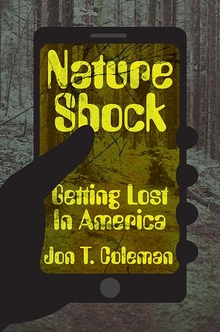The Demise of Nuclear Energy?
WARNING
You are viewing an older version of the Yalebooks website. Please visit out new website with more updated information and a better user experience: https://www.yalebooks.com
Lessons for Democratic Control of Technology
Joseph G. Morone and Edward J. Woodhouse
To answer these questions, Joseph Morone and Edward Woodhouse offer a nonpartisan diagnosis of the decision-making processes that led to the industry's current state. What we think of as nuclear power, they argue, is just one of many technical and organizational forms this energy source could have taken. It was shaped by political and economic choices of the 1950s and 1960s, not by any internal dynamic of the technology. If a few of those choices had been made differently--particularly regarding the scale-up and diffusion of reactors--the nuclear enterprise might have evolved far more acceptably. The ills of the first nuclear era stemmed not from any fundamental incompatibility between technology and democracy, but from a failure of democracy to live up to its own standards of good decision making.
Although many nations have turned away from civilian nuclear power, problems with fossil fuels--particularly climate changes from the greenhouse effect--may lead to reappraisal of the nuclear option. A radically altered form of nuclear power, together with alternative energy sources and intensified conservation, could provide a more acceptable and less environmentally destructive energy future--if we learn from the failures of the first nuclear era.
"Morone and Woodhouse approach their subject as scholars rather than participants and rely heavily on the written record to justify their arguments. They skillfully use their assessment of the problems of nuclear power as a means to open a wider discussion of the interactions of democracy and technology. . . . I recommend this volume not only for its views on nuclear power but for its applicability to other, broader considerations."—David W. Lillie, Science Books and Films
"This brief, clearly written, and essentially even-handed book is a study of nuclear power decision making from the Manhattan Project and Admiral Hyman Rickover’s nuclear navy to its present morbid state. . . . It is an interesting little book that could be of benefit to the layman who wants to learn the basics of the debate on nuclear power. There is even a helpful appendix explaining how nuclear power is produced. The clarity of the presentation also makes the book suitable for undergraduate or graduate courses in science and public policy, public policy analysis, or related areas."—Richard C. Kearney, Journal of Politics
"This sensible little book offers a penetrating and balanced assessment of a hefty subject: how a useful form of energy turned out to be unacceptable to the American public."—Keith Schneider, New York Times Book Review
"This thoughtful analysis is pertinent to many technological issues today—fusion, space science, and genetics, for example. I recommend this volume not only for its views on nuclear power but for its applicability to other, broader considerations—David W. Lillie, Science Books & Films
"The Demise of Nuclear Energy is a thorough and most importantly, politically neutral, review of the foibles of the first nuclear era of our civilization."—Kliatt Young Adult Paperback Book Guide
"Highly recommended to all policymakers (and the citizens who should choose and influence them in a democracy) involved with the intersection between public policy and technology—which is almost all of them in modern technological society. The authors strive to distance themselves equally from the traditional proponents and opponents of nuclear power, recounting the past, present, and possible futures of nuclear energy and its interactions with American democracy in a most authoritative and yet refreshing manner."—Choice
"This is a remarkably original and refreshing work that avoids both finger pointing and technology bashing. It will put the whole debate over the future of nuclear power and the democratic control of technology on a far more sensible and constructive footing. A major contribution."—Norman J. Vig, Carleton College
"A tour de force, provocative, engaging, well written, and evenhanded. It will become a standard in the field."—Jack Holl, Kansas State University
Publication Date: September 10, 1989

